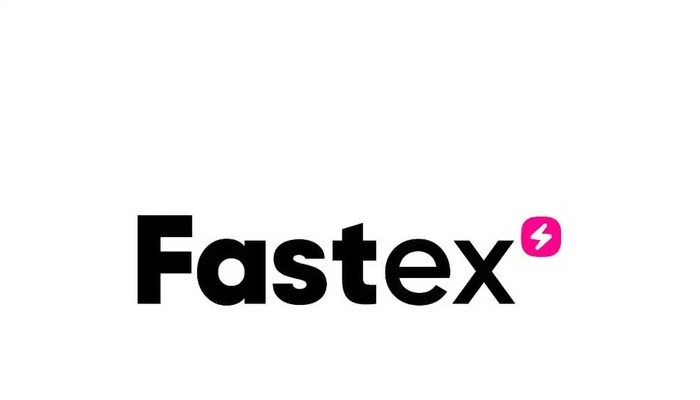
The 7 Most In-demand Legal and Compliance Positions in the Crypto Industry
The market for cryptocurrencies is expanding quickly, changing how individuals invest, purchase and sell goods and services, and transfer money. But as this industry expands, so does the requirement for legal and regulatory compliance, particularly with regard to problems like fraud, money laundering, and data protection.
As a result, there is a need for legal and compliance experts in the bitcoin industry. Only a fraction of the many legal and compliance professions available in the bitcoin industry are represented by the positions mentioned below. Each one is essential to ensuring that the market operates in a fair, transparent, and legal manner.
1. Compliance Officer
In the cryptocurrency industry, a compliance officer is in charge of making sure the business complies with all applicable laws and rules, including Know Your Customer (KYC) and anti-money-laundering (AML) requirements.
The ability to successfully communicate with internal and external stakeholders, possessing excellent analytical and problem-solving skills, and being aware of pertinent laws and regulations are all requirements for this position.
2. Legal Counsel
A legal advisor in the cryptocurrency industry gives the business legal counsel and help on a variety of legal matters, such as contract law, intellectual property, regulatory compliance, and data security.
As a result of the bitcoin market’s complexity and continual evolution, legal advice in this industry needs special abilities. Moreover, legal and technological expertise are required. The laws and regulations that govern cryptocurrencies and other digital assets, as well as the underlying technology like blockchain and smart contracts, must be understood by legal advisors. The evolving regulatory environment of the bitcoin industry must also be managed by them.
Additionally, they must possess great analytical and problem-solving skills to make sense of complex legal and technical facts and provide clients with advice that is clear and concise. In order to effectively defend clients in court or during negotiations, attorneys also need to have good communication and negotiation abilities.
3. Compliance analyst
In the crypto market, a compliance analyst is in charge of keeping track of how well the business complies with legal requirements, performing risk analyses, and creating and putting into practice compliance policies and processes.
Strong analytical and problem-solving abilities, familiarity with pertinent rules and regulations, and the capacity to function both independently and as part of a team are all necessary for this position.
4. KYC/AML analyst
Customers are examined by a KYC/AML analyst to make sure they follow AML and KYC guidelines in the cryptocurrency market. To ensure compliance with Anti-Money Laundering and Know Your Customer requirements, KYC/AML analysts in the cryptocurrency industry need to pay attention to detail, have a working knowledge of legislation, assess risk, and have investigative skills, data analysis abilities, and communication skills.
5. Regulatory affairs manager
In the crypto market, a regulatory affairs manager is in charge of keeping track of regulatory changes, assessing their effects on the business, and creating plans to maintain compliance.
Regulatory affairs managers in the cryptocurrency sector need to be proficient in navigating legal requirements, understanding regulatory policies, and compliance frameworks. They also need to be able to offer strategic solutions to meet regulatory duties.
6. Chief compliance officer
In the crypto market, the chief compliance officer is in charge of managing the compliance function of the business, making sure that it complies with all applicable laws and regulations, and creating and putting into practice compliance policies and processes.
To enable efficient compliance management and risk reduction, chief compliance officers in the cryptocurrency sector need skills including leadership, stakeholder management, strategic planning, risk assessment, and proficiency with compliance frameworks and regulatory rules.
7. Data Protection Officer
In the cryptocurrency industry, a data protection officer is in charge of ensuring that the business complies with data protection laws and regulations such the General Data Protection Regulation (GDPR).
Data protection officers in the cryptocurrency sector need to be highly knowledgeable about privacy laws, skilled in data governance, adept at putting security policies into practice, and able to guarantee data confidentiality, integrity, and availability.
Other Interesting Articles
 Mysterious Entity May be Collecting BTC users’ IP Addresses — Bitcoin Developer
Mysterious Entity May be Collecting BTC users’ IP Addresses — Bitcoin DeveloperMar 31, 2023











